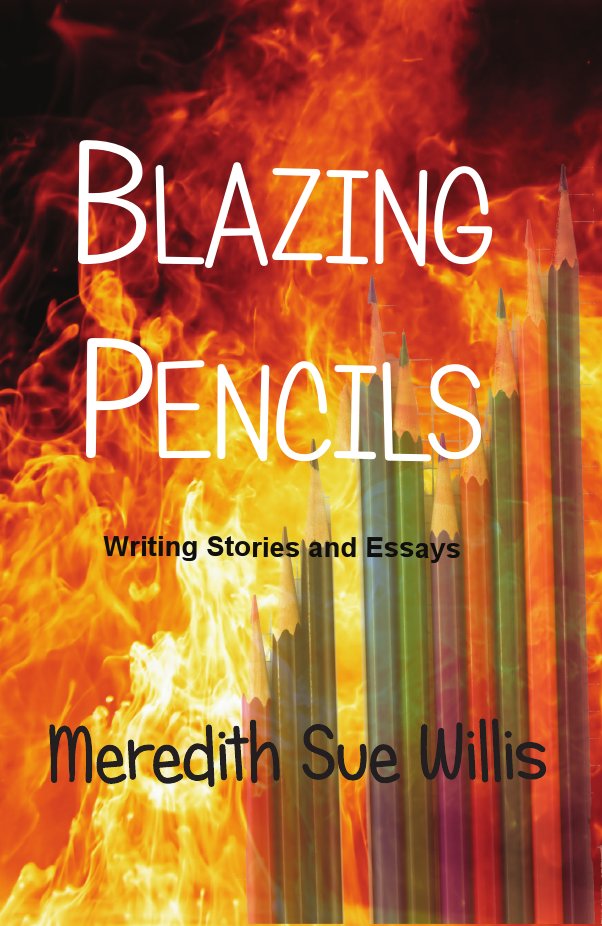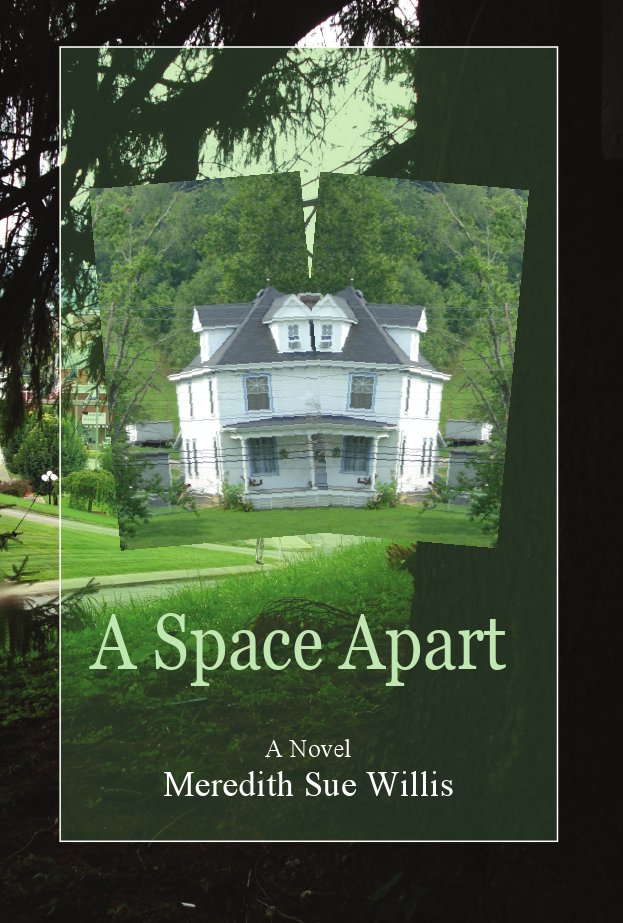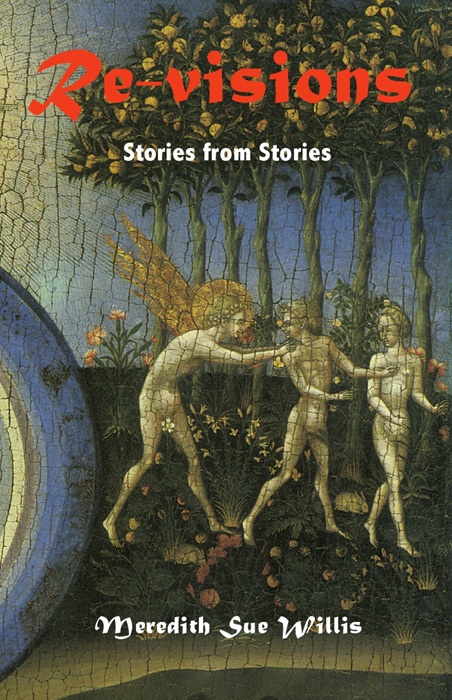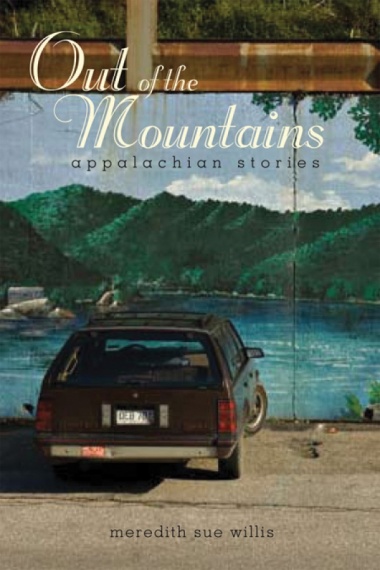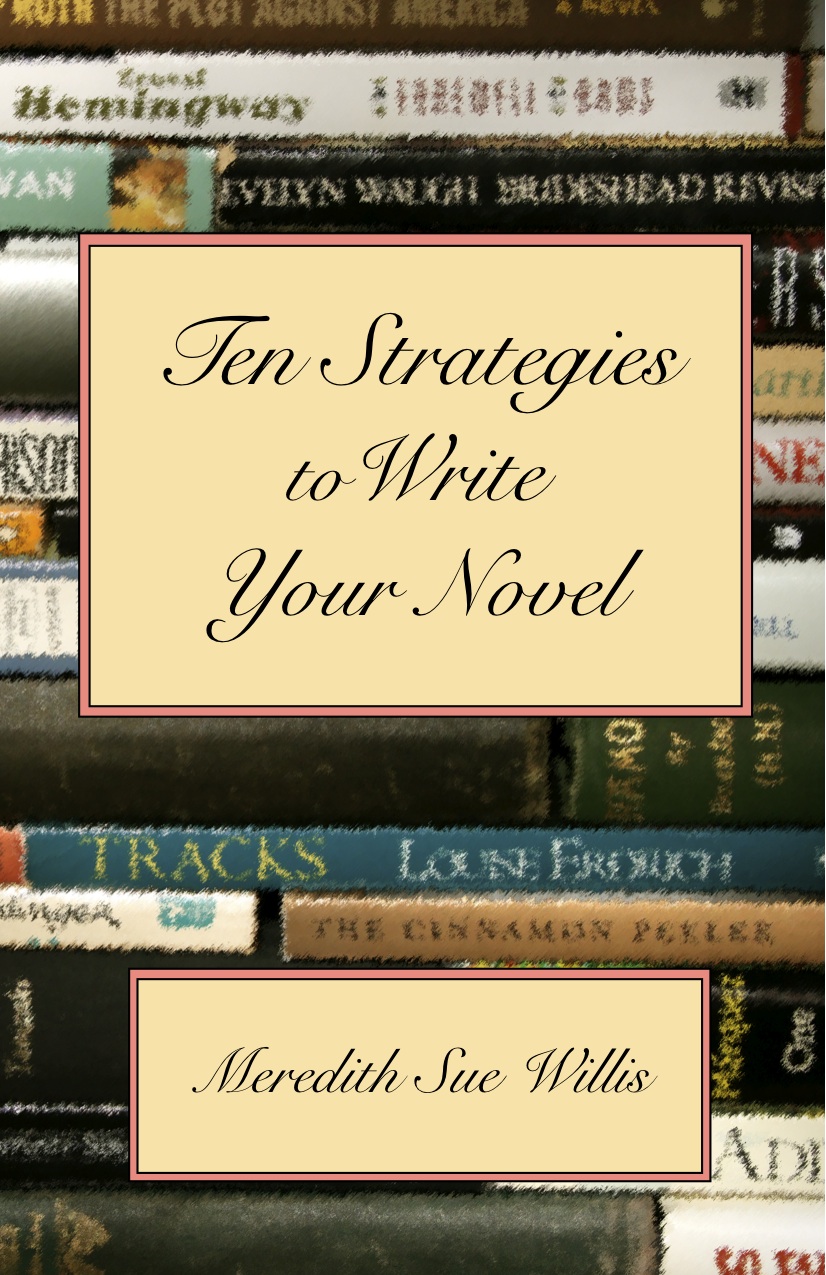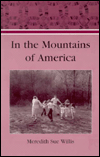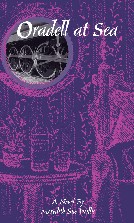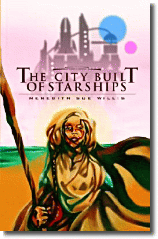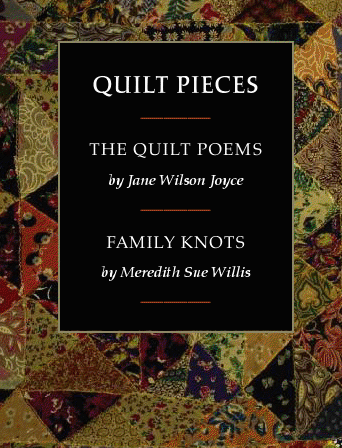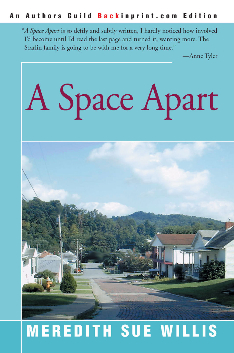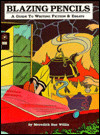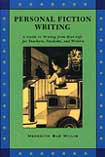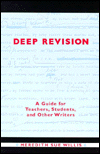Those Handy Little Binoculars
by Sarah B. Robinson
I’m a relatively new writer, especially when it comes to fiction. In the course of writing an historical mystery novel for teenagers, one based on actual people, places, and things, at first I used actual names. But during the revision process, over the years I’ve decided to replace the actual names by substituting fictitious ones.
One Y/A mystery novel workshop leader advised against the practice of using actual names of people, places and things. Obviously, locals who would read the work may take issue with how something they are so familiar with is portrayed in your story. And, when using actual names of places, your accuracy may be called into question, unless you know for certain “Maple Ave. is exactly 1.5 miles northwest of Edgewood Street.” Knowing how difficult this could be, I had to ask myself, “Is the writing good enough—without actual names--to stand on its own?” My answer was “I’m not sure.” And, “Would the use of actual names in a fictitious piece benefit the reader?” My answer was “Not necessarily.” Since my revision process on this novel is ongoing, I need to be willing to ask myself tough questions. Crafting and revising should reward both the writer--and more importantly--the reader.
Once I decided to change the actual names throughout my 60,000 word document, I had a daunting task. I also had a serendipitous moment at a workshop. (Just had to throw in that wonderful word.)
Right before I decided which fictitious substitutions I would use for my story, another workshop facilitator clued the participants in to that little, tiny set of binoculars in the upper right-hand corner of my Microsoft Word program. Clicking on the binoculars enabled me to search for a word I had used, like the city of “Lewisburg.” Magically, the tool brought up every page where Lewisburg was found, and even highlighted them all. I was able to click on the “Replace all” option, and type in “Lewisville” (not much of a change, I know) and all of them instantly changed to the new word.
I had to be careful, though. Upon visiting further revisions in my text, I simply liked a new word better than one I had used originally. I wanted to replace a town’s name, change it from “Clear Springs” to “Spruce Springs.” (Kind of sounds like Bruce Springsteen, I know.) But it occurred to me I may have used the word “clear” throughout my novel, as both a verb and an adjective, and I certainly didn’t want anyone “sprucing” their throat. In using my binoculars to highlight every time I used the word “clear,” I discovered I had made my protagonist and his girlfriend "clear" their throats eight different times, and they didn’t even have colds.
Subscribe to Meredith Sue Willis's
Free Newsletter
for Readers and Writers:
Images and photos found on the various pages of this web site may be used
by anyone,
but please attribute the source when it is specified.

This work is licensed under a Creative Commons Attribution-NonCommercial-ShareAlike 3.0 Unported License.

